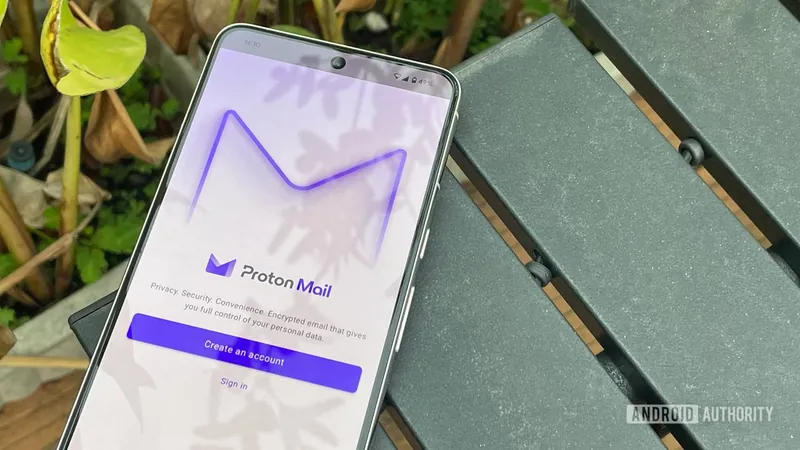
Why I Gave Up on Proton Mail: The Truth About Privacy and Usability
2025-05-18
Author: Noah
In today’s digital age, online privacy is a hot topic, and I recently took the plunge to ditch Gmail in favor of Proton Mail, enticed by its promise of enhanced privacy. However, my experience led me to rethink this bold move.
Proton Mail's Privacy: Not As Robust As It Seems
Proton Mail is renowned for its strong commitment to privacy, boasting a robust end-to-end encryption system. Many reviews laud this feature, but here’s the catch: this encryption only works when both sender and recipient are on Proton Mail. In reality, the vast majority of people I communicate with are not.
When I sent emails to friends using Gmail or other providers, the supposed privacy benefits vanished. Essentially, while Proton Mail protects my inbox from external access, once my emails land in someone else's inbox, they are vulnerable to reading by that service provider. The encryption is ineffective beyond the Proton ecosystem.
The Flaws of the Proton Mail App
While Proton Mail excels in some areas, its Android app left much to be desired. Unlike user-friendly competitors like Gmail, Proton Mail's app is clunky.
For starters, I noticed the absence of sender images in my inbox—a small detail that makes a significant difference in navigation. Furthermore, the lack of text formatting options for drafting emails was frustrating; I couldn't bold important points or even create bullet lists. Most disappointing of all, the app fails to allow easy navigation between emails with a swipe gesture, forcing me to constantly return to my inbox.
A Pricey Subscription With Unappealing Terms
Proton Mail's free tier offers a mere 1GB of storage, which is a fraction of what Gmail provides. To access more, I would need to shell out $4.99 a month, and even for features that make it competitive with Gmail, like a VPN, the cost quickly rises.
Additionally, there's a harsh consequence for free account holders—if there's a year of inactivity, all data is wiped. In contrast, Google allows two years before taking such extreme action.
Is It Worth Switching?
Ultimately, after several weeks with Proton Mail, I found myself questioning its value. The marginal privacy benefits didn’t outweigh the significant usability drawbacks. Sure, Proton Mail can be a great tool for sensitive communications and has protected those in precarious situations, but for everyday users, the advantages are minimal.
Given that I primarily communicate via encrypted apps like Signal and WhatsApp, I realized that Gmail still serves my needs better. For now, I’ve returned to the familiarity of Gmail, waiting for a more user-friendly, privacy-focused email service to emerge.




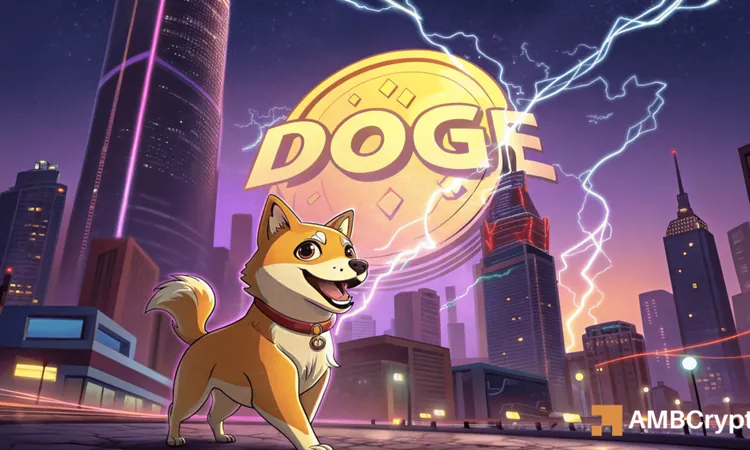
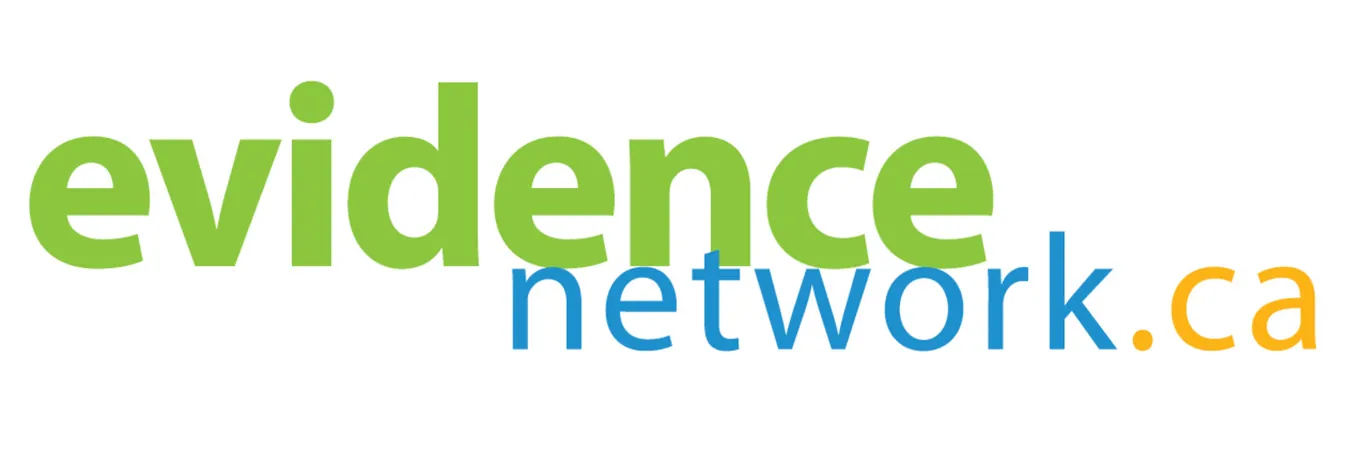
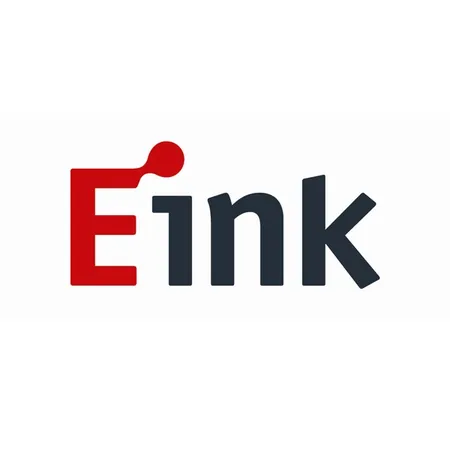

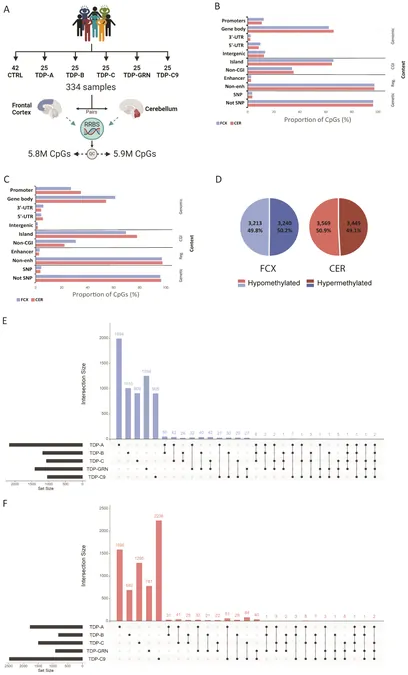
 Brasil (PT)
Brasil (PT)
 Canada (EN)
Canada (EN)
 Chile (ES)
Chile (ES)
 Česko (CS)
Česko (CS)
 대한민국 (KO)
대한민국 (KO)
 España (ES)
España (ES)
 France (FR)
France (FR)
 Hong Kong (EN)
Hong Kong (EN)
 Italia (IT)
Italia (IT)
 日本 (JA)
日本 (JA)
 Magyarország (HU)
Magyarország (HU)
 Norge (NO)
Norge (NO)
 Polska (PL)
Polska (PL)
 Schweiz (DE)
Schweiz (DE)
 Singapore (EN)
Singapore (EN)
 Sverige (SV)
Sverige (SV)
 Suomi (FI)
Suomi (FI)
 Türkiye (TR)
Türkiye (TR)
 الإمارات العربية المتحدة (AR)
الإمارات العربية المتحدة (AR)